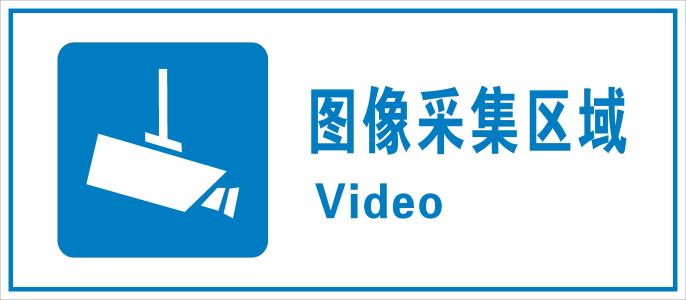Low-light image enhancement (LLIE) aims at improving the perception or interpretability of an image captured in an environment with poor illumination. Recent advances in this area are dominated by deep learning-based solutions, where many learning strategies, network structures, loss functions, training data, etc. have been employed. In this paper, we provide a comprehensive survey to cover various aspects ranging from algorithm taxonomy to unsolved open issues. To examine the generalization of existing methods, we propose a large-scale low-light image and video dataset, in which the images and videos are taken by different mobile phones' cameras under diverse illumination conditions. Besides, for the first time, we provide a unified online platform that covers many popular LLIE methods, of which the results can be produced through a user-friendly web interface. In addition to qualitative and quantitative evaluation of existing methods on publicly available and our proposed datasets, we also validate their performance in face detection in the dark. This survey together with the proposed dataset and online platform could serve as a reference source for future study and promote the development of this research field. The proposed platform and the collected methods, datasets, and evaluation metrics are publicly available and will be regularly updated at https://github.com/Li-Chongyi/Lighting-the-Darkness-in-the-Deep-Learning-Era-Open. Our low-light image and video dataset is also available.
翻译:低光图像增强( LLIE) 旨在改进在光线差的环境中拍摄的图像的感知或可判读性; 这一领域最近的进展主要以深层次的基于学习的解决办法为主,许多学习战略、网络结构、损失功能、培训数据等都已采用。 在本文中,我们提供了全面调查,涵盖从算法分类学到未解开的未解开的未解问题等各个方面; 为审查现有方法的概括性,我们提议建立一个大型的低光图像和视频数据集,由不同移动电话的相机在不同的光化条件下拍摄图像和视频。 此外,我们首次提供了一个统一的在线平台,涵盖许多广受欢迎的 LLIE 方法,其结果可以通过方便用户的网络界面生成。 除了对现有现有方法进行定性和定量评估外,我们还验证其在黑暗中面对面检测的绩效。 这项调查与拟议的数据集和在线平台可以作为今后研究的参考源,并促进这一研究领域的开发。 拟议的平台和所收集的 RE- RISL 数据将定期更新。




